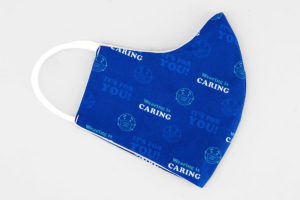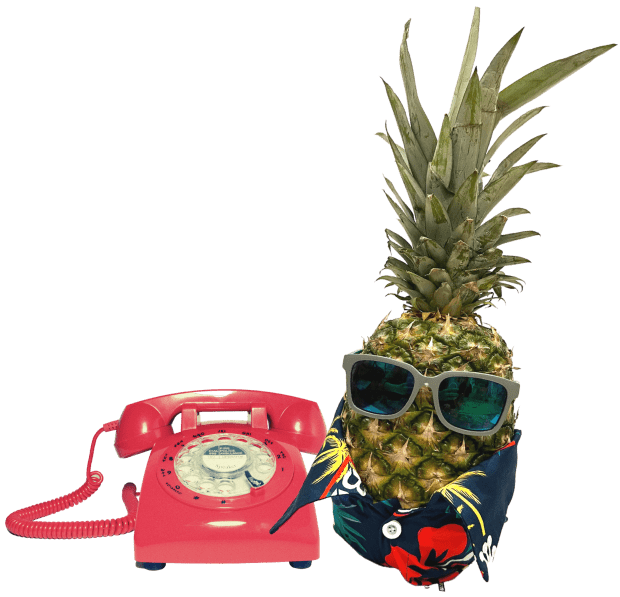Are All Masks Created Equal? What to Look For in a Fabric Face Mask
Who knew that one of this year’s hottest topics would be the fabric face mask – or that it would have so much to it? One thing is for sure, 2020 is full of surprises!
Another sure thing: face masks aren’t going anywhere anytime soon and sporting one when you are out and about is the neighborly thing to do. As the very new saying goes, “You wear one to protect me and I wear one to protect you.”
But how do you know which face covering is best? Finding the answer to that question can feel like yet another to-do on a long list of things that need figuring out in this new normal. So for those of you who are, understandably, a bit worn out from navigating the uncharted territory that is this year, we have you covered. We’ve put together some fabric face mask FAQs and tips, and a few things to avoid, so you can breathe a little easier.
What type of fabric is best for face masks?
In general, health care experts say the type of fabric is less important than how it is woven. A tighter weave with thicker threads is ideal. And natural fabrics like cotton have the added benefit of more dimensional fibers that do a better job of snagging respiratory droplets (as opposed to the smoother, uniform fibers of synthetics). The key though is balance – a fabric face mask should have a tight weave but also be breathable.
Do I need to use a mask filter?
Insertable mask filters can add yet another layer that keeps your droplets out of others’ air space. Household items like a folded square of facial tissue, coffee filter, or paper towel can do the trick. Some studies, however, have found that polypropylene filters (which you can make from the spunbound non-woven fabric used in sewing crafts) are particularly effective due to the static electricity it generates.
How should my face mask fit?
Your fabric face mask should cover your nose and mouth, cup your chin a little and sit flush against your skin. It’s important that it’s snug but comfortable and ideally doesn’t need constant adjusting (because we all need to stop touching our face!). An earloop face mask is a good option because it stays in place without much fiddling.
How to take care of your fabric face mask
It’s recommended that you wash your mask daily, either by hand or with your washing machine. Be sure it’s completely dry before you wear it again though. A damp mask is far less breathable and prone to all sorts of unsavory microbial growth.
A few things to look out for when ordering face masks
Here are a few pitfalls you should take care to avoid!
- Exhalation valves: You can skip this feature because it means your mask is not adequately filtering your respiratory droplets and therefore, is not doing its public health duty.
- Disposable masks: While these will do in a pinch, they degrade with each use. So this single-use option can become quite costly over time and is already proving to have a negative environmental impact.
- Medical masks: Personal protective equipment like N95s and surgical masks are not meant for us normies. Save them for the health care workers!
- Non-reputable vendors: Unfortunately, face mask scams are real. Or else there are unestablished vendors looking to capitalize on demand but do not yet have a reliable supply chain set up. When you need a face mask yesterday, your best bet is to go with a reputable vendor boasting a solid business track record.
- Forgetting about bulk options: Buying fabric face masks in bulk will get you a better price and ease the pain when you inevitably misplace several. And if you are a part of a group, you can custom design your own limited edition masks. Zoom Happy Hour Club masks, anyone?
Candor Threads is a family-owned custom apparel company that has been providing ties, scarves, shirts, and more for over 37 years. If you are looking for individual, ready-to-ship fabric face masks or custom-designed masks for your large group, contact us today!


